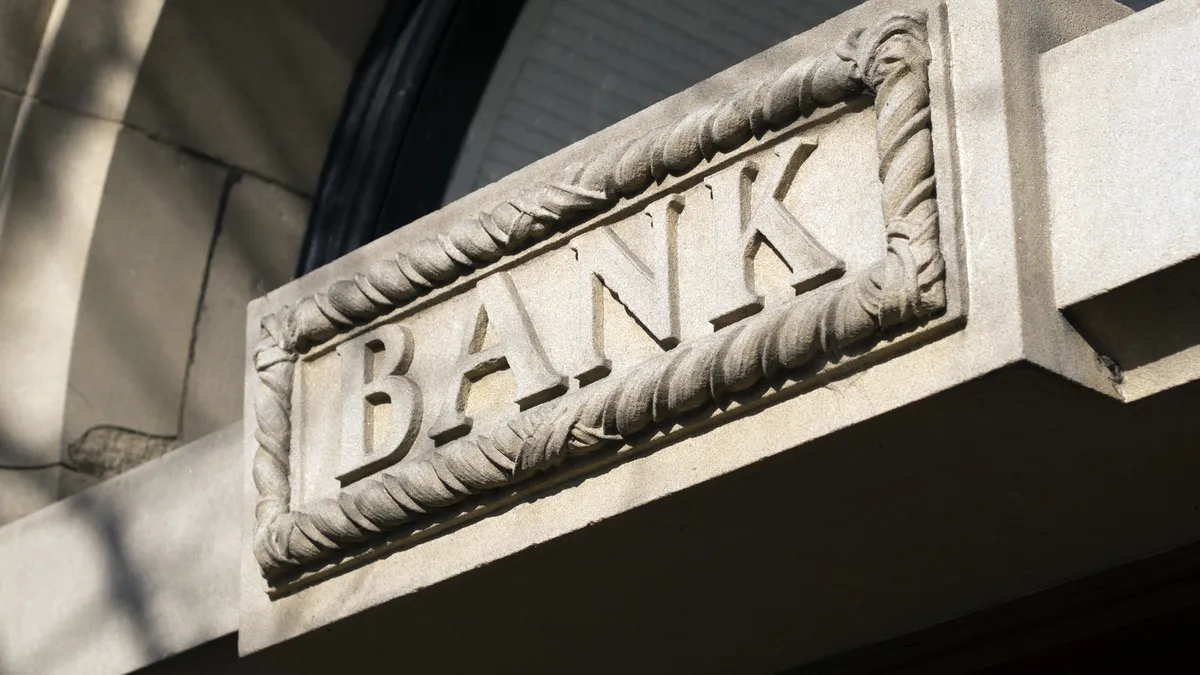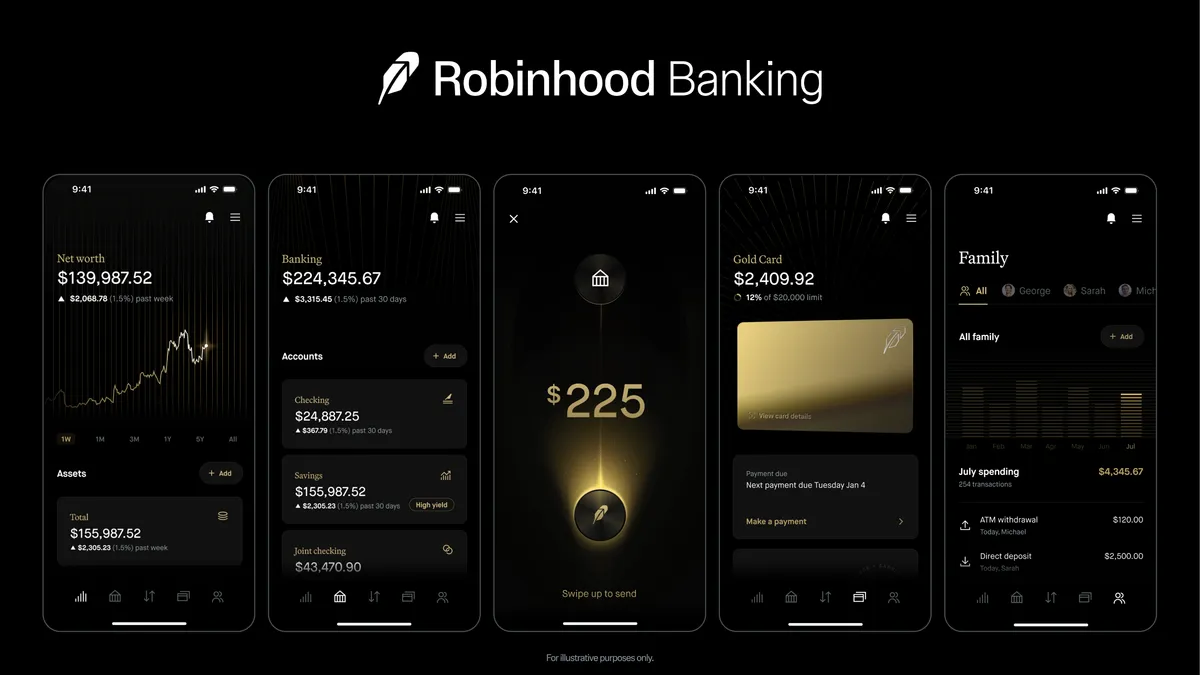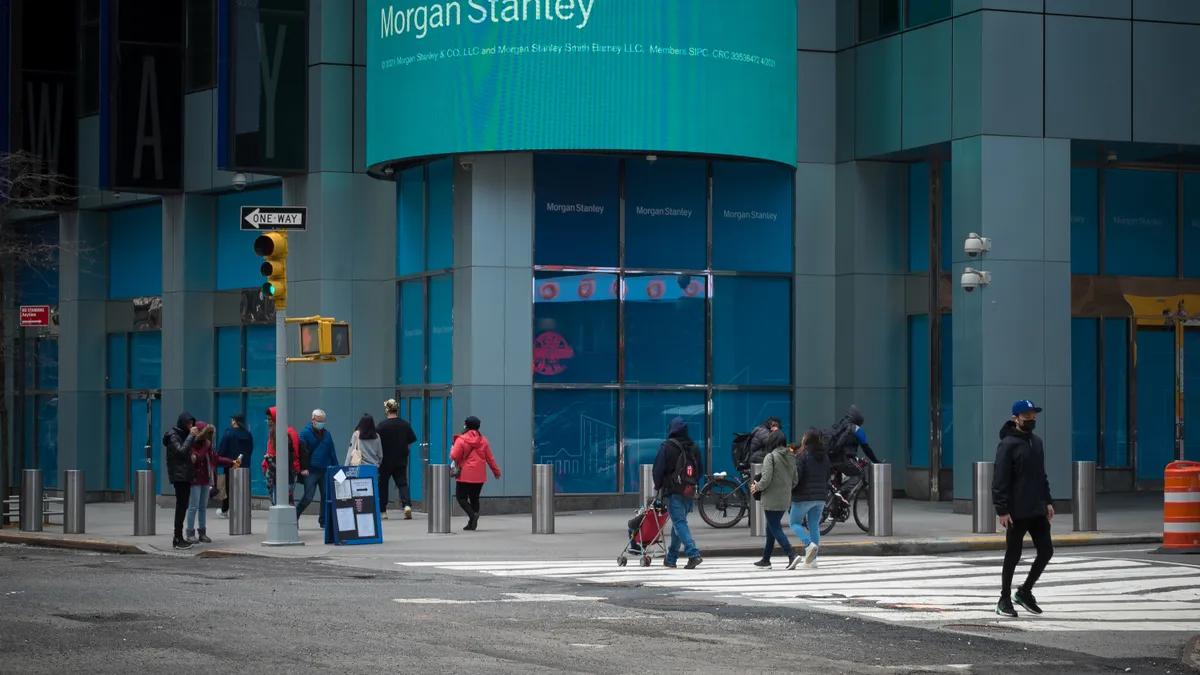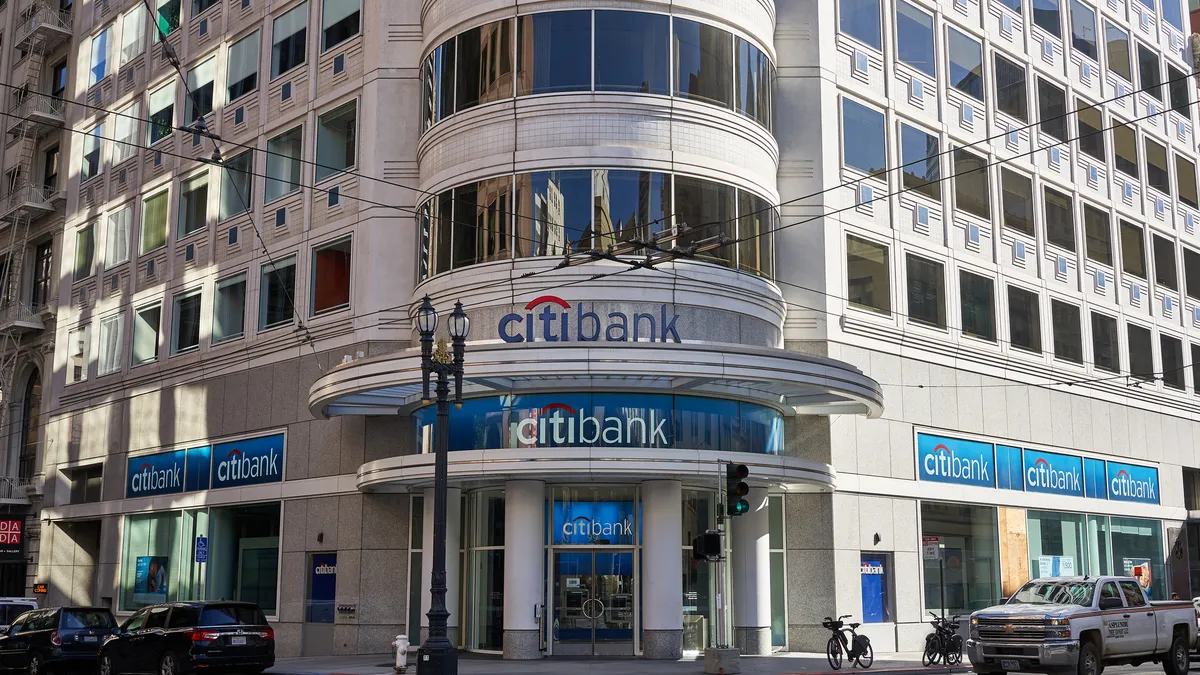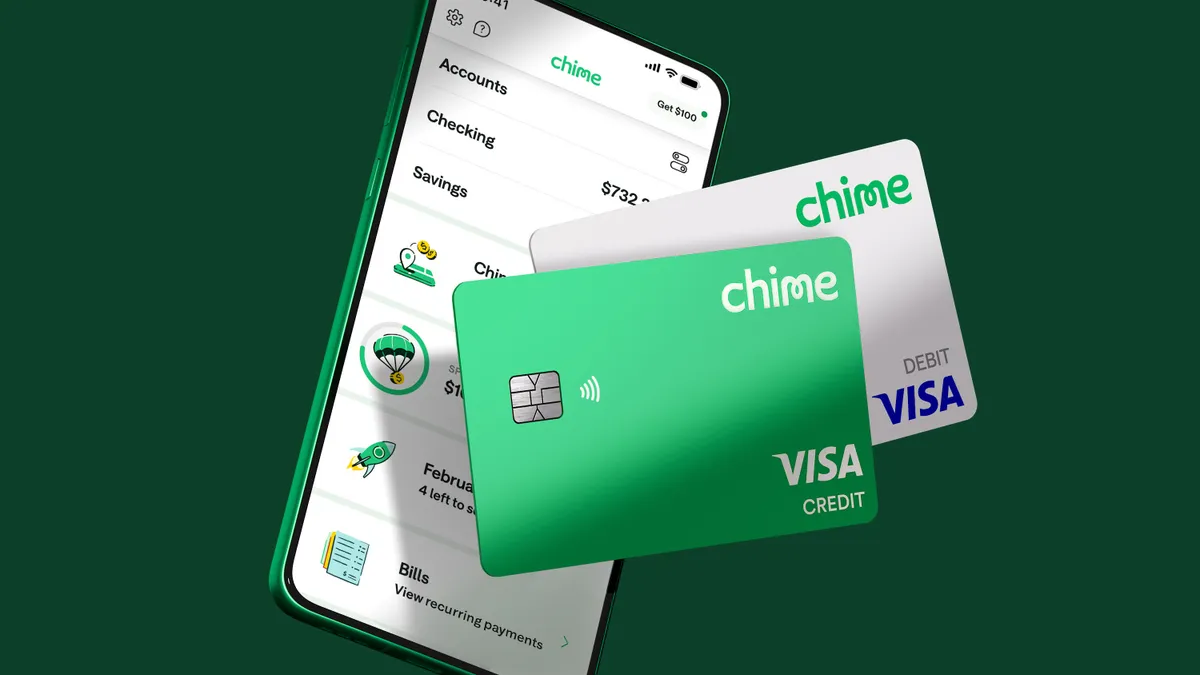As businesses across the U.S. slowly reopen, most banks and credit unions still allow only limited access to branches.
Birmingham, Alabama-based Regions Bank, which has 1,456 branches across 15 states, has offered drive-through banking and appointments at physical locations since March 18. It's a shift that is likely pushing customers to adopt digital banking habits, but Regions recognized that some may need additional help to make that transition.
The bank moved quickly to launch a series of live, interactive online seminars to help customers become more comfortable with digital banking tools and financial planning. The workshops are part of Next Step, an educational program that includes free podcasts; virtual training for kids; personal finance worksheets and calculators; and other interactive courses.
Regions holds two to three virtual seminars a week, which 100 to 150 people typically attend, the bank said. Workshops include an anonymous chat forum and live instruction. Customers can also send private messages to bankers.
"We asked customers questions like, 'What are you learning, and how are you adapting?'" Joye Hehn, financial education manager at Regions, told Banking Dive. "They're telling us they've learned to deposit checks on their phones and they’re doing other things that are new and different."
The interactive nature of the chat feature lets customers crowdsource advice from other participants.
"Someone will say, 'I've never tried this before,' and all of a sudden, people will respond by saying 'It's so easy, what are you waiting for?'" Hehn said.
Regions doesn't collect demographic information about participants. Hehn said they are likely drawn from a range of age categories. But Tiffani Montez, a senior analyst at Aite Group, told Banking Dive older users will be most affected by a forced migration to digital banking.
Other banks have seen an uptick in seniors accessing digital tools for the first time. About 23% of new logins to Bank of America's online and mobile products in April were by "seniors and boomers," Brian Moynihan, the bank's CEO, told investors at a conference last month, according to Bloomberg. Those age groups also accounted for about 20% of customers who deposited checks using mobile phones for the first time.
"We may have opened some people’s eyes to the future," Moynihan said. "We're just on a relentless push."
That push also pads banks' bottom line: Banks save money when customers use apps. But it's also important to keep customers technologically current.
Montez said it's incumbent on institutions to use the COVID crisis as an opportunity to guide customers as they move to digital channels. Up to 20% of respondents to a recent Aite Group consumer behavior survey indicated they were unaware they could perform certain tasks online or through banking apps.
Additionally, branch traffic fell more than 30% in April and the first three weeks of May compared with the same period last year, according to financial services research firm Novantas. Teller transactions dropped 32% in March and April compared with the same period last year, the company said.
Ultimately, the slump in footfall could accelerate some banks' plans to consolidate branches.
"You have anywhere between 17% to 35% increases in digital activity occurring that used to occur in the branch," U.S. Bank CEO Andy Cecere told a virtual conference in May. "All of that saves expense, and we're going to continue to invest in that."
Other banks, such as Citizens Bank, have been trying to focus branch activities on more complex tasks that require face-to-face advice.
Consulting firm Simon-Kucher & Partners said 40% of people expect to visit their local branch less often after lockdown restrictions in their community end.
That means banks need to make sure their digital tools can handle increased traffic and transactions.
However, the branch still holds sway among a large swath of users. About 31% of respondents to the 2019 Future Branches Customer Study said they preferred a branch experience over online and mobile banking.
Given that, banks like Regions are smart to see the pandemic as an occasion to encourage digital adoption, David True, a partner at payments consultancy PayGility Advisors, told Banking Dive.
"You want to make it so even though they never would have chosen on their own to go digital, they become friendly with it and they like it," he said. "That means working out all the kinks, and in the short term, beefing up customer support."
While it's too early to assess the impact of Regions' workshops on customer behavior, the bank said it will measure success by the number of workshops held, pageviews, social media mentions and, over the longer term, shifts in banking habits.


